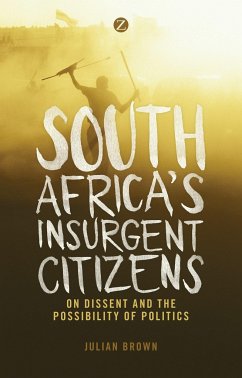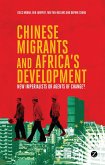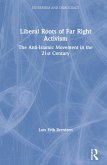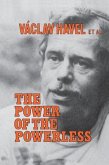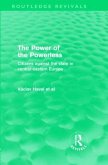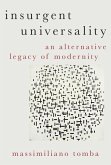Twenty years on from South Africa's first democratic election, the post-apartheid political order is more fractured, and more fractious, than ever before. Police violence seems the order of the day - whether in response to a protest in Ficksburg or a public meeting outside a mine in Marikana. For many, this has signalled the end of the South African dream. Politics, they declare, is the preserve of the corrupt, the self-interested, the incompetent and the violent. They are wrong. Julian Brown argues that a new kind of politics can be seen on the streets and in the courtrooms of the country. This politics is made by a new kind of citizen - one that is neither respectful nor passive, but instead insurgent. The collapse of the dream of a consensus politics is not a cause for despair. South Africa's political order is fractured, and in its cracks new forms of activity, new leaders and new movements are emerging.

